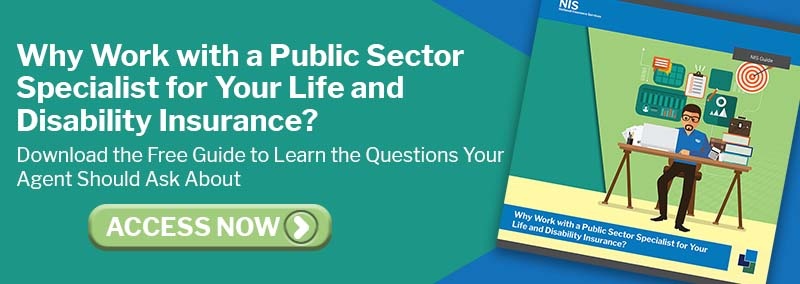2 minute read
COVID-19 medical expenses are expected to increase next year. During the pandemic’s height, insurers waived certain COVID-19-related services including emergency room copayments, hospital stay deductibles, and testing charges. As the pandemic eases, these previously waived costs are returning. Insurers will treat COVID-19 like any other disease, meaning they will no longer provide special exceptions.
Testing was free in most cases but now it could cost upwards of $200 for some screening procedures depending upon the circumstances and your plan details. Plans and insurers will still cover testing when medically necessary. However, routine workplace and school testing may no longer be considered “medically necessary” and therefore might not be covered by insurance in certain cases. Check your plan details to see how much your insurance covers in such situations.
Here are three ways to control your costs.
- Avoid COVID-19 medical bills by reducing your chances of catching it in the first place. This means, wearing a mask, getting vaccinated, and observing other official health guidance.
- Review your health plan details to see your cost-sharing responsibilities. Remember it’s often much cheaper to visit an urgent care than an emergency room.
- Ask for an itemized bill if you visit a medical facility. This will show you everything that you were charged for and can assist you if you need to dispute duplicate or incorrect charges and reduce your bill size.
Your Human Resources or Benefits Department is your best resource for understanding how to maximize your health care plan. They can help explain cost-sharing scenarios and offer tips for lowering your medical costs.
Download the bulletin for more details.
This blog is intended to be a compilation of information and resources pulled from federal, state, and local agencies. This is not intended to be legal advice. For up to the minute information and guidance on COVID-19, please follow the guidelines of the Centers for Disease Control and Prevention (CDC) and your local health organizations.

